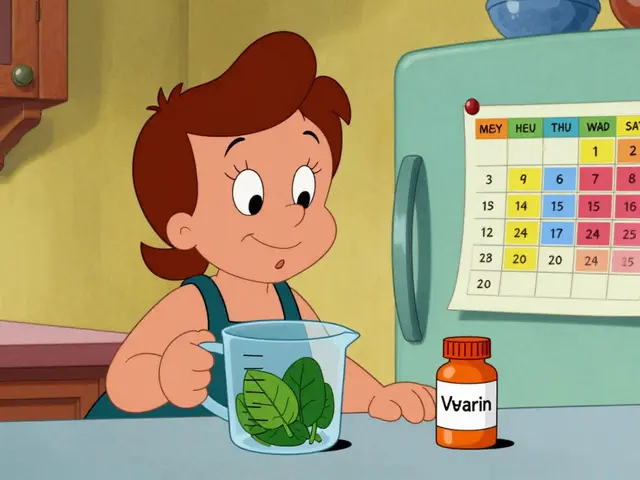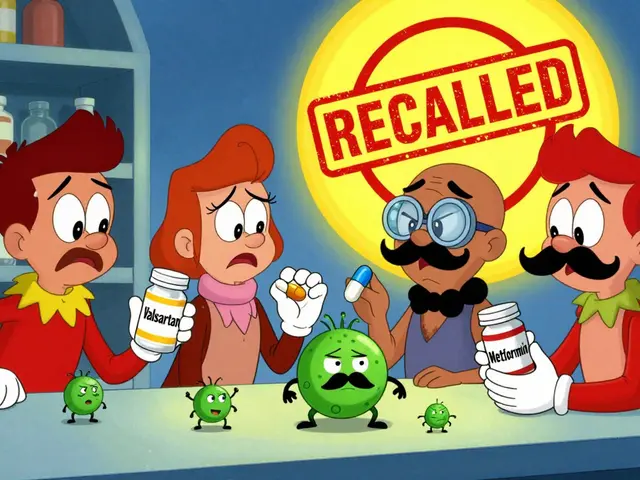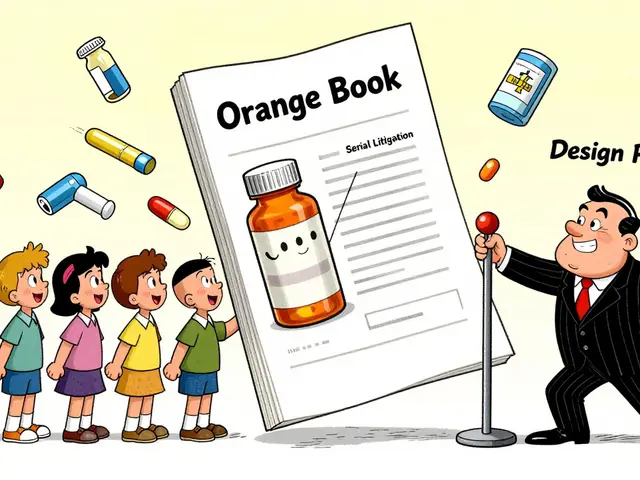Relationships and Health: How Illness, Medication, and Stress Change the Way You Connect
When one person gets sick or starts a new medication, the relationship changes fast — sometimes overnight. Mood swings, fatigue, libido changes, and new schedules can feel like an earthquake to daily life. This page gives simple, practical steps to protect your bond while dealing with real medical stuff.
Talk straight — not nice or mean
Skip vague comments. Say what you need in plain words: "I need 20 minutes to myself after work" or "I’m worried when you miss doses." Keep your tone calm and stick to facts: symptoms, schedules, side effects. Use short check-ins: one 10-minute chat a day beats a long, tense conversation once a week. If medication causes mood swings or sleep loss, name it. "You seem irritable — could the new med be causing this?" makes the problem something to solve, not something to blame.
Set small rules that both of you agree on. Who handles pharmacy refills? Who drives to appointments? Write it down. Clear roles reduce friction and protect patience.
Caregiver burnout, intimacy, and real fixes
Being the helper is exhausting. If you’re the caregiver, schedule breaks and ask for help early. Call a friend, hire a cleaner for a week, or trade tasks with family. When you’re not burned out, you’re kinder and more present.
Intimacy often gets pushed aside, but it doesn’t have to stop. If meds change desire or cause dryness, talk to the prescriber — small switches or local treatments can help. Non-sexual closeness matters: hold hands, give short massages, sit together without screens. Those moments rebuild trust faster than grand gestures.
Watch for interactions that affect mood or energy. Herbs like St. John’s wort and kava can change how antidepressants work. If a partner mixes supplements with prescriptions, ask your clinician or check reliable resources before mixing anything. Safety first — it protects both health and relationship peace.
Use outside help when needed. Couples therapy that understands chronic illness or caregiver stress can teach communication tools that really work. There are also peer groups for partners of people with specific conditions — hearing someone else’s story is a fast sanity-check.
Want specific reading? Check our site posts that touch on these issues: a piece on yoga and meditation for depression, articles about medication side effects, and guidance for managing chronic conditions that affect daily life. Those posts give deeper facts about how treatments influence mood, sleep, and energy — all things that shape relationships.
Small steps win: clear communication, scheduled breaks, medical check-ins about side effects, and keeping everyday closeness alive. When both people work with the facts and plan around treatment, relationships can grow stronger — not just survive.
Explore related posts on this tag to find practical guides and medication-specific tips that match your situation.



